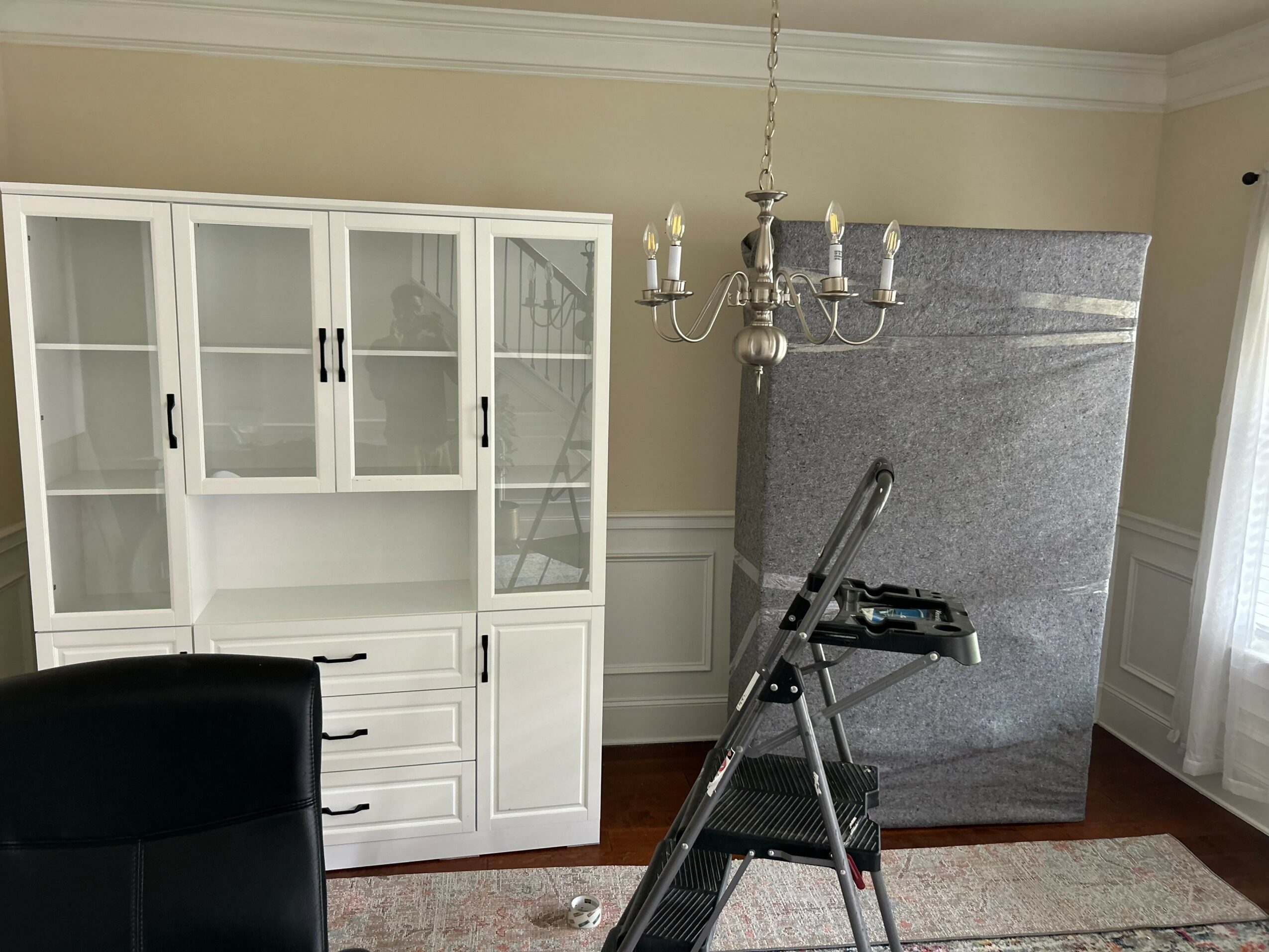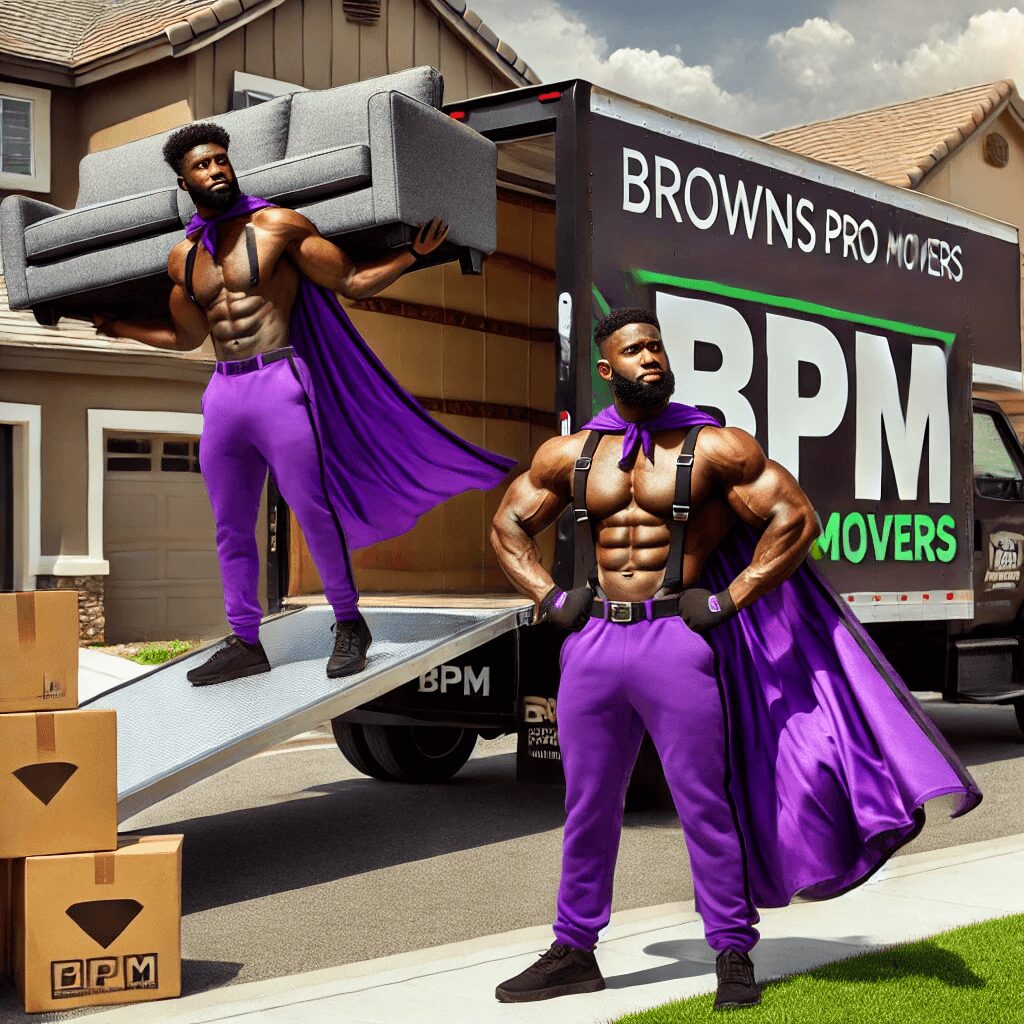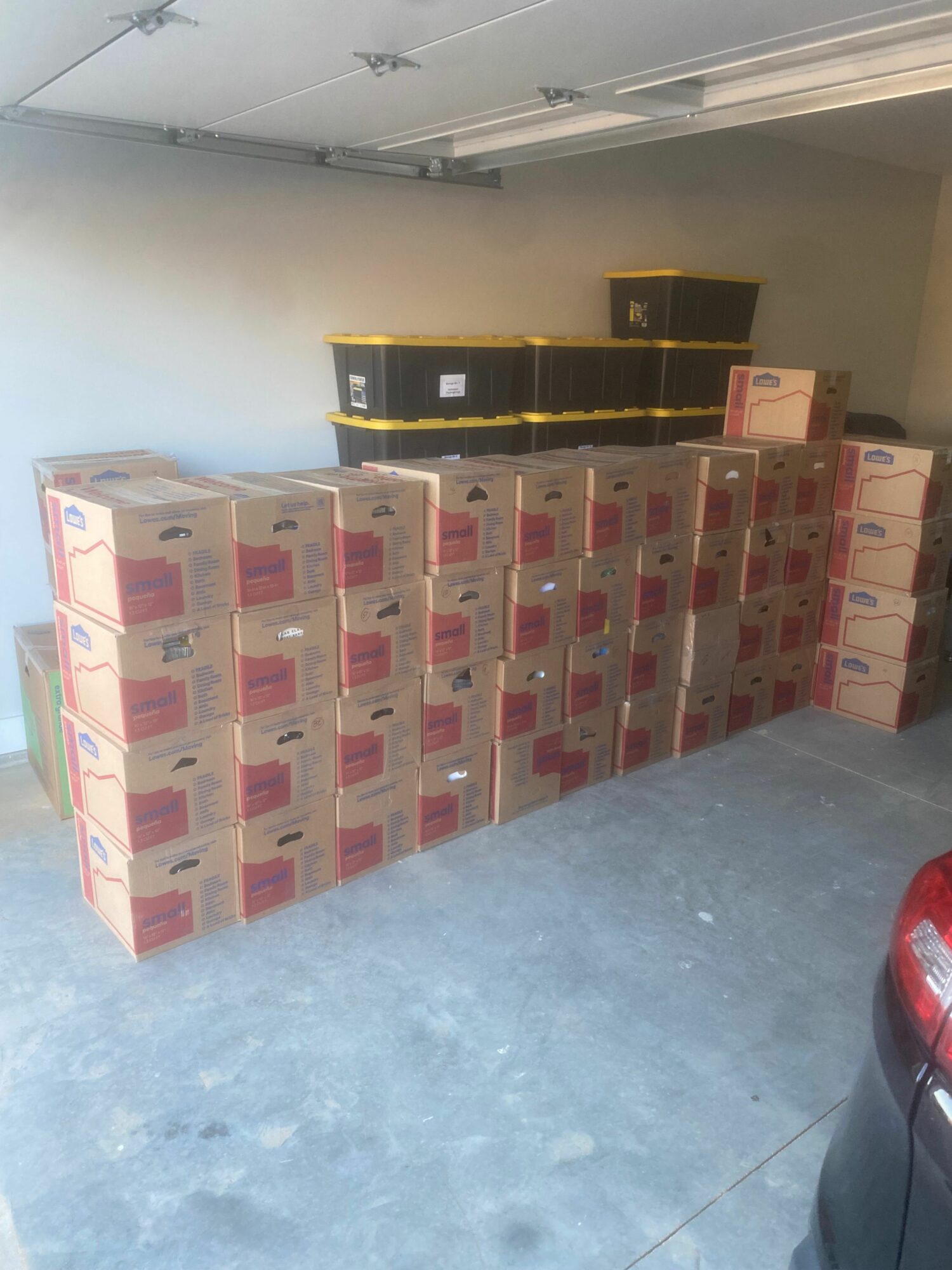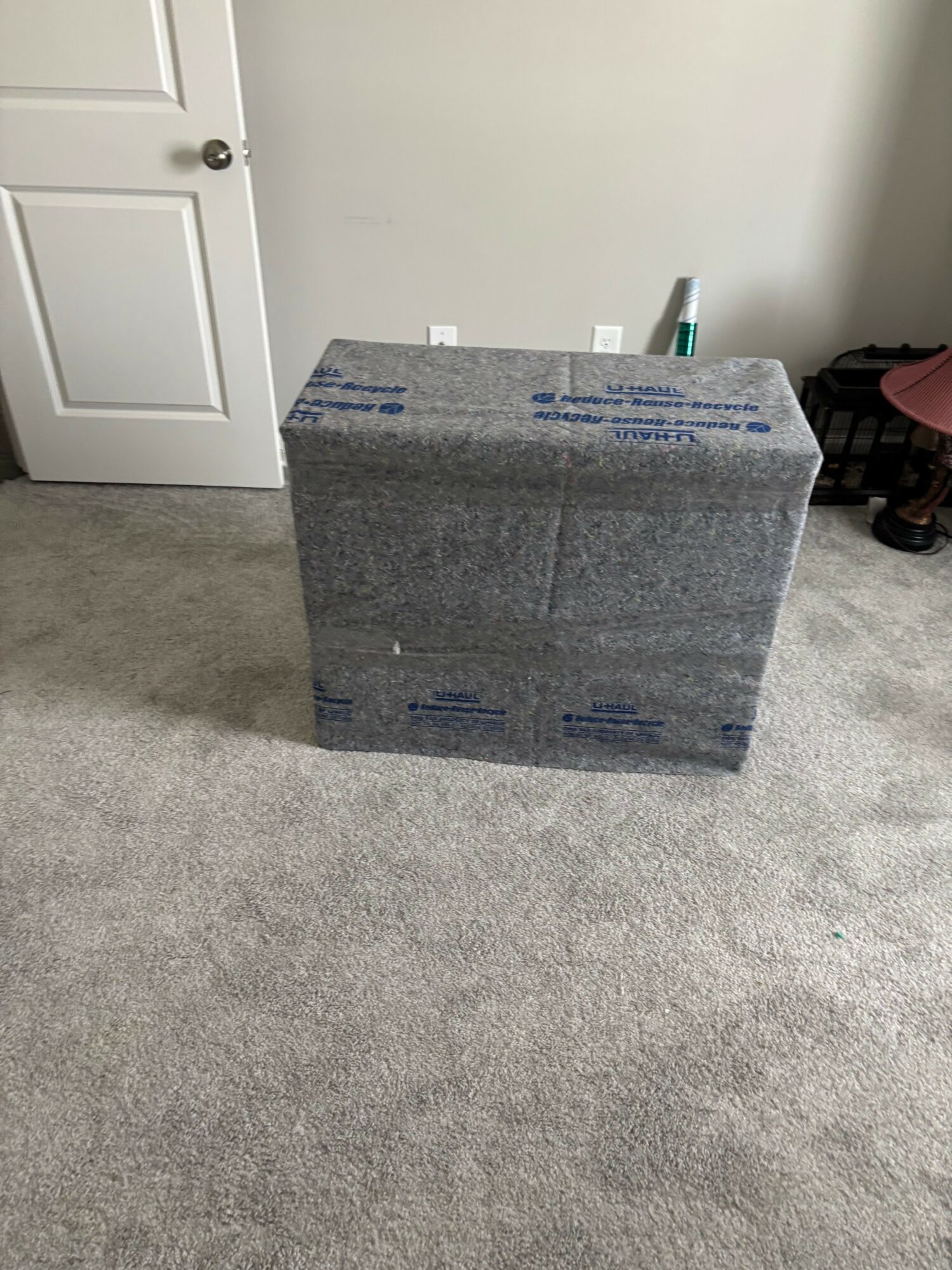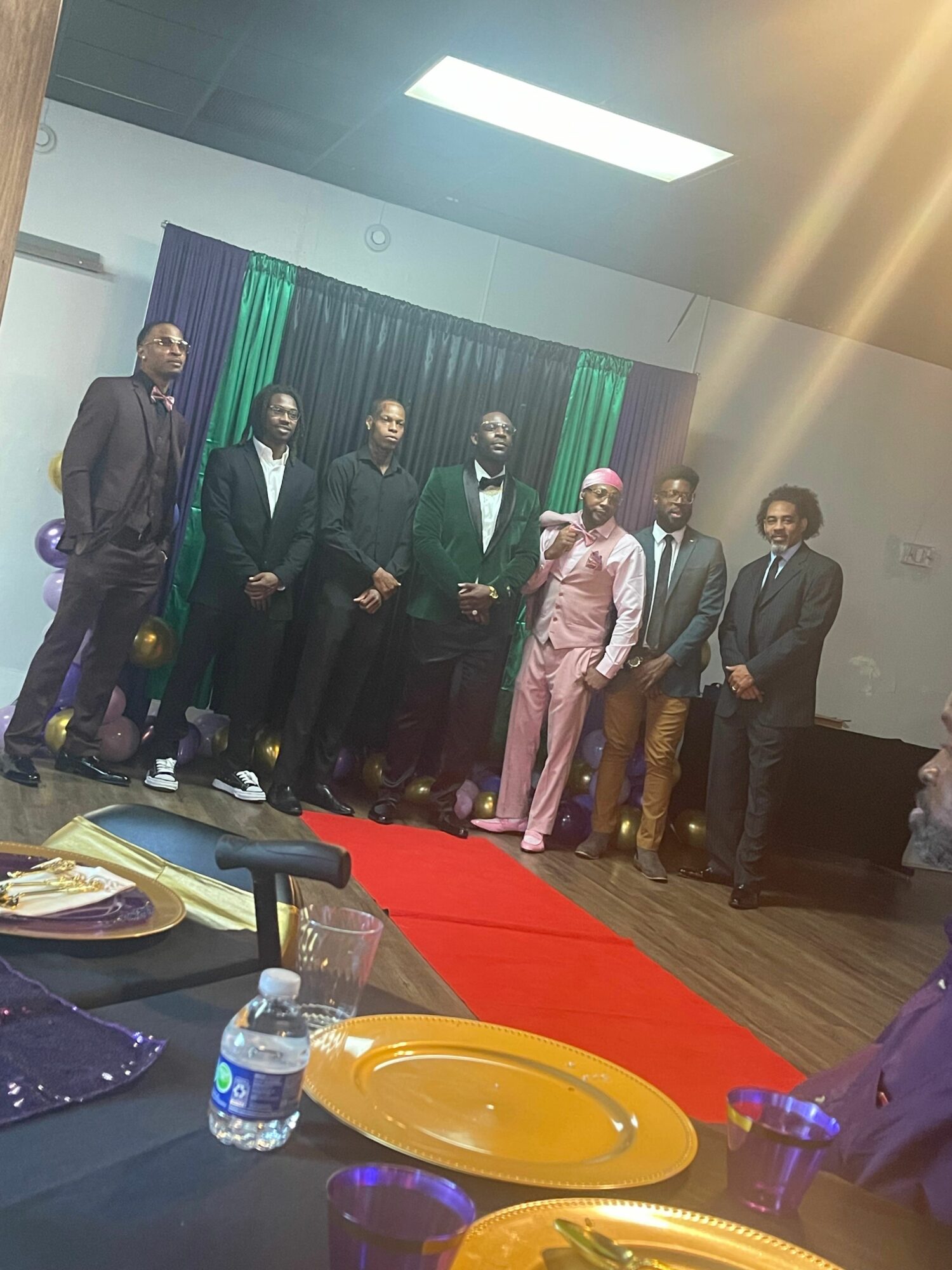

Today we’d like to introduce you to Chris Brown.
Alright, so thank you so much for sharing your story and insight with our readers. To kick things off, can you tell us a bit about how you got started?
Starting Browns Pro Movers was never just about moving furniture—it was about moving people into new seasons of life. My journey began with very little. At the time, I didn’t own a truck, my finances were upside down, and honestly, I was starting over. What I did have was a strong work ethic, a few connections, and a desire to build something that would feed my family and create opportunities for others.
The idea first came from helping friends and family move. I realized I had a natural ability to organize, lead a team, and connect with people in a way that made the stressful process of moving smoother. I began renting trucks for each job and reinvesting as much as I could back into the business. My base cost was low—around $450 per move before overhead—but I knew if I could get consistent work, I could build something sustainable.
At first, the challenge wasn’t the physical labor—it was learning how to get clients. I didn’t have money for ads, so I leaned heavily on relationships, referrals, and word of mouth. I also leveraged free tools like social media to tell people about what I was doing. Every move became an opportunity to showcase professionalism, reliability, and care, because I knew a satisfied client was the best marketing tool I had.
Over time, momentum built. We went from a handful of moves per month to 10 jobs monthly, and then to six figures in revenue within a year. Even through setbacks—losing a car, dealing with debts, and managing personal challenges—I stayed focused on the vision. I wanted Browns Pro Movers to stand for more than just moving services. For me, it’s about building security, creating jobs, and setting an example for my son of what’s possible when you put God first and keep pushing forward.
What makes me proud is not just the revenue but the impact. My team members can provide for their families. Clients trust us with some of their most valuable moments—whether it’s moving into their first apartment, relocating for a new job, or settling into their dream home. That’s what keeps me going.
The journey hasn’t been easy, but every step taught me discipline, perseverance, and faith. Starting with less than $500 in the bank and now building a structured company reminds me daily that you don’t have to have it all figured out to begin—you just have to start!
Can you talk to us a bit about the challenges and lessons you’ve learned along the way. Looking back would you say it’s been easy or smooth in retrospect?
Definitely not a smooth road. I think anyone who has built something from the ground up will tell you that the struggles usually outweigh the successes in the beginning. For me, the challenges came in multiple forms. Financially, I started with less than $500, bad credit, you name it! Every job meant renting a truck and hoping that after expenses, I’d have enough to cover bills and still keep the business afloat.
On top of that, I faced setbacks that would’ve made a lot of people quit. There were seasons where I lost my car, dealt with major debts, and even had a negative bank balance while still trying to run a six-figure company. Managing overhead that eats up 40% of revenue, making sure my workers got paid on time, and still trying to feed my family—all of that was pressure I carried daily.
Beyond the finances, life was happening too. My marriage went through rocky seasons, and raising a young son while trying to build a business tested me in ways I didn’t expect. There were days I didn’t see my son for three and four days in a row, juggling fatherhood and entrepreneurship at the same time.
But those struggles built resilience. They forced me to get creative, to lean on faith, and to sharpen my leadership. Every obstacle became fuel to push harder. I wouldn’t call the road smooth, but I’d call it worth it—because the challenges shaped the man and the business I am today.
Thanks – so what else should our readers know about your work and what you’re currently focused on?
I’m the owner of Browns Pro Movers, a residential and commercial moving company. On the surface, we help people move their belongings from one place to another—but really, we specialize in making one of life’s most stressful events feel smooth, organized, and trustworthy.
We handle everything from local moves to long-distance relocations, and recently we’ve expanded into junk removal as well. What clients know us for is professionalism, consistency, and care. It’s not just about heavy lifting—it’s about respecting people’s time, their homes, and their valuables. Every move is treated as if it were our own family’s move.
What sets us apart is the personal touch. We don’t just show up to “do a job.” My team and I build relationships. People consistently tell us they feel a sense of trust and ease working with us, and that’s rare in this industry. I train my workers to not only be efficient but also courteous and attentive, because moving is more than logistics—it’s an emotional transition.
I’m most proud of two things: first, the fact that we’ve been able to create jobs that feed families. Second, the impact we leave with our clients. I’ve had customers cry tears of relief because of how stress-free their move ended up being. Those moments matter more than numbers.
What makes us different is that Browns Pro Movers isn’t just a moving company—it’s a reflection of my values. Integrity, reliability, and people-first service are at the heart of everything we do. That’s why clients don’t just hire us once—they refer us, they call us again, and they trust us with some of their biggest life transitions.
Any advice for finding a mentor or networking in general?
For me, I’ve never really had a true mentor in the moving industry itself—nobody sat me down and taught me the ins and outs of how to run this kind of company. Most of what I’ve learned has been through trial, error, and persistence.
But I do have a mentor named Clive who has been instrumental in my journey. He doesn’t just teach business—he teaches manhood. He helps us navigate the love, the pain, and the difficulties of owning and running a business, but also how to stay grounded as men in the process. That’s been just as important as the technical side, because success in business starts with who you are as a person.
My advice for others would be this: don’t get stuck looking for the “perfect” mentor in your exact field. Sometimes the best mentors aren’t teaching you the tactics of your trade but shaping the mindset, character, and resilience you need to survive in it. Also, networking isn’t about collecting contacts—it’s about building real relationships with people you can grow with, sharpen, and encourage along the way.
Contact Info:
- Website: https://Www.brownspromovers.com
- Instagram: https://Www.instagram.com/brownspromovers
- Facebook: https://Www.facebook.com/brownspromovers
- Youtube: https://m.youtube.com/@Brownspromovers
